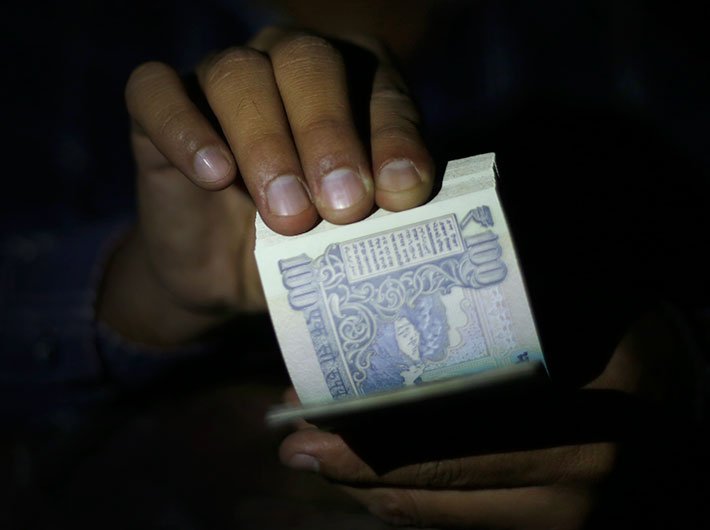High NPAs and slow deleveraging and repair of corporate balance sheets are testing the resilience of the banking system, and holding back investment and growth, said IMF
India’s financial sector is facing considerable challenges, and economic growth has recently slowed down. High nonperforming assets (NPAs) and slow deleveraging and repair of corporate balance sheets are testing the resilience of the banking system, and holding back investment and growth, said the International Monetary Fund (IMF).
Since the 2011 Financial Sector Assessment Program (FSAP), India has recorded strong growth in both economic activity and financial assets, supported by important structural reforms and terms of trade gains. Increased diversification, commercial orientation, and technology-driven inclusion have supported growth in the financial industry, backed by improved legal, regulatory, and supervisory frameworks, said an IMF released in Washington.
On November 17, 2017, the executive board of the IMF discussed the Financial System Stability Assessment (FSSA) of India.
“The Indian financial system is undergoing a gradual structural shift, with a greater role for nonbank intermediaries and higher recourse to market funding for large corporates. Financial system assets equal about 136 percent of GDP, close to 60 percent of which reflect banks’ assets. The state retains an important footprint in the system via ownership of large financial institutions, captive government financing, and directed credit to priority sectors,” it said.
IMF pointed out that India’s key banks appear resilient, but the system is subject to considerable vulnerabilities. Stress tests show that the while largest banks are sufficiently capitalized and profitable to withstand a deterioration in economic conditions, a group of public sector banks (PSBs) are highly vulnerable to further declines in asset quality and higher provisioning needs. Capital needs range from 0.75 percent of GDP in the baseline to 1.5 percent of GDP in the severe adverse scenario.
“The authorities have been pursuing policies to accelerate the process of NPA resolution. The 2016 Insolvency and Bankruptcy Code introduced a modern framework that aims at reorganization and insolvency resolution in a time-bound manner, and the Reserve Bank of India (RBI) was empowered with directing restructuring cases to the insolvency process. This approach shows promise to deliver progress in NPA resolution, particularly if accompanied by sufficient upfront provisioning and capital buffers in the PSBs; broader restructuring of the PSB sector, including improvements in governance; more flexible out-of-court debt restructuring mechanisms; and increased capacity and resources for the insolvency courts. The authorities recently announced a recapitalization plan for the PSBs amounting to approximately 1.3 percent of GDP, as well as the establishment of a mechanism to seek consolidation across these banks,” it said.
The FSAP took stock of the considerable progress made in strengthening financial sector oversight, and identified areas where scope for further improvement remains. Notably, these include strengthening the RBI’s de jure independence as well as its powers over the PSBs; expanding other financial regulators’ resources; introducing a risk-based solvency regime and extending risk-based supervision for insurers; and unifying the oversight of commodities markets. Other gaps include risks from politically exposed persons and the gold sector. In the area of crisis management, the planned introduction of a special resolution regime for financial institutions is an important step toward aligning the financial safety net with international standards, although there is duplication of supervisory responsibility for goingconcern institutions between supervisor and resolution authority; also, the proposed new framework does not ensure equal treatment of domestic and foreign liability holders in resolution. There is scope to enhance other elements of the safety net, including deposit insurance, emergency liquidity assistance, and crisis preparedness.
Executive Directors broadly agreed with the findings and recommendations of the Financial System Stability Assessment (FSSA). They welcomed the important progress made by the authorities in strengthening financial sector oversight, deepening markets, and fostering financial inclusion. Directors commended the authorities for the major reforms undertaken since the 2011 FSAP, notably in introducing Basel III standards and risk-based supervision of banks and securities firms, improving interagency cooperation under the auspices of the Financial Stability and Development Council, and introducing a modern insolvency framework for companies.
